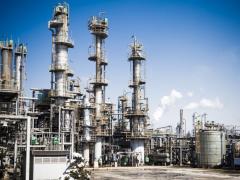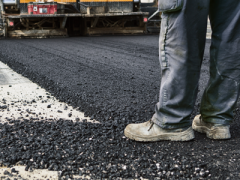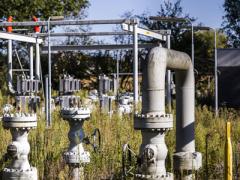Decarbonisation options for the Dutch polyolefins industry
This report on decarbonisation options for the Dutch Polyolefins industry is part of the MIDDEN project (Manufacturing Industry Decarbonisation Data Exchange Network) initiated by PBL and TNO. The project aims to support industry, policymakers, analysts and the energy sector in their common efforts to achieve deep decarbonisation.
Dutch Polyolefins industry characteristics
This report describes the current situation of the polyethylene and polypropylene production in the Netherlands and the options and preconditions for its decarbonisation.
The Netherlands hosts some of the biggest producers of polyethylene and polypropylene, the two most common plastic polymers worldwide. These two polyolefins compose about half of the European demand for plastic products, especially for packaging, agriculture, construction, automotive, and household objects.
Production processes include:
- High-density polymerisation with tubular reactor
- Solution polymerisation with double reactor
- Slurry polymerisation with loop reactor
- Gas phase polymerisation.
Decarbonisation options
The main options for decarbonization options for the Dutch Polyolefins industry are:
- Bio-based polyolefins from the fermentation of sugar-based crops
- Bio-based polyolefins from the gasification of lignocellulosic and biowaste streams
- Mechanical recycling of the polyolefins
- Chemical recycling of the polyolefins with solvent-based purification
- Chemical recycling of the olefin monomers with pyrolysis
- Chemical recycling of the olefin monomers with gasification.
Authors
Specifications
- Publication title
- Decarbonisation options for the Dutch polyolefins industry
- Publication date
- 4 February 2021
- Publication type
- Report
- Page count
- 65
- Publication language
- English
- Product number
- 4236




